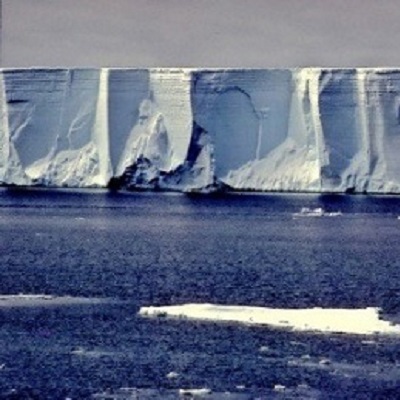Ice-ocean interactions: effects of climate change on Antarctic ice-shelf dynamics

The Antarctic Ice Sheet is losing ice at a rapid rate. As these large volumes of ice melt, they can disrupt key pathways in the Earth System, including changing ocean heat transports and ocean circulation patterns, and disrupt biogeochemical cycles. What is poorly constrained is how these changes in the ocean feed back to the ice. We know that the ocean melts the underside of the floating ice-shelfs and bend and crack them. This can lead to changes in the thickness and extent of the ice-shelfs, which affect the flow of ice where it is grounded, so there is an intricate coupling between the ocean and the ice. Understanding this interplay is currently a very active and exciting area of research. The student will join a strong team of scientists at Bangor University and the British Antarctic Survey to investigate how future climate change in the Southern Ocean will affect the Antarctic ice shelfs using a novel coupled ice-ocean model. More specifically, we want to investigate how the temperature and salinity in the shelf waters around Antarctica will change under IPCC warming scenarios, and how those changes can affect the Filchner-Ronne ice-sheet. This will tell us what the oceanic tipping points for an ice-shelf collapse are, and let us investigate how the flexing of the ice influence the ice sheet farther upstream. The student will engage with ongoing research projects at both Bangor and BAS, and he/she will spend time at BAS, engage with a wide research community, contribute to research outputs, and have the opportunity to join field work at both institutes. The project offers unparalleled opportunities for research training and exposure to coupled ice-ocean research.
Applicants should hold a minimum of a UK Honours Degree at 2:1 level or equivalent in a numerical subject such as Physical Oceanography, Glaciology, Maths, or Physics. Students with degrees in other environmental subjects, along with an MSc in oceanography, applied physics, or applied maths are also welcome to apply.
For further information and informal enquiries, please send your CV to Dr Mattias Green (m.green@bangor.ac.uk).
